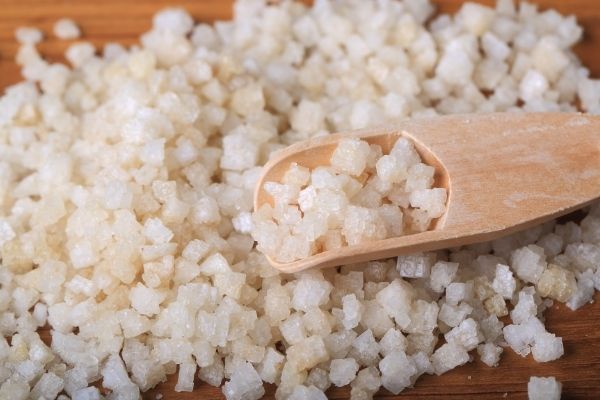
Gout is a painful condition initiated as a response by the immune system to excessive accumulation of uric acid crystals (urate crystals) in the joint. This is the reason why gout attacks are often accompanied by inflammation, swelling, and tenderness of surrounding tissues. If left untreated without the right combination of prescribed medications and NSAIDs for gout, the condition can worsen, causing disability, chronic pain, and frequent episodes of gout flares.
But, what exactly is the best way of treating gout, and will NSAIDs be helpful in the process of treatment? Let’s find out!
NSAIDS for gout
The methods that are used for treating gout have two important objectives:
- Alleviating the symptoms of gout (pain, inflammation, and swelling)
- Long-term management of the disorder (focused on reducing the production of uric acid levels in the body).
When it comes to managing the symptoms of gout, the first line of treatment often used by doctors is NSAIDs (Nonsteroidal Anti-inflammatory Drugs).
Commonly used NSAIDs for gout are:
The lower doses of NSAIDs are available over the counter (OTC), however, the higher doses are often prescribed by a physician.

Factors that affect the choice of NSAIDs
There is a wide range of NSAIDs used for the treatment of gout. However, every medication is not the same. This is the reason why there are certain factors that often have an impact on the medicines that you should choose for curing gout attacks:
1. Gout History
The gout history of the patient i.e. rate of gouts, the total number of gout attacks, and experience prior to the attack do determine the type of drug that will be suitable for the treatment.
2. Diagnosis of gout attack symptoms
For those who have not experienced any symptoms prior to the gout attack, the diagnosis might not be established. In such cases, attention is often given to NSAIDs and alternative therapies that would alleviate the accompanying symptoms of the first gout attack.
Let’s take an example: If a patient experiences a gout attack all of a sudden and has never had a medical history of gout nor any symptoms then doctors will focus on the lower dose of NSAIDs and alternative therapies to reduce the pain and inflammation associated with the flare.
On the other hand, if a patient already has a history of gout attacks, and experiences them more frequently then higher doses of NSAIDs for gout in combination with steroidal drugs are used for effective treatment.
3. Characteristics of the gout symptoms
Duration and severity of the symptoms even have an impact on the choice of treatment. When the number of affected joints is more than one, and therapeutic treatment is unable to reduce the pain. The higher dose of medications is given either via mouth or injection for immediate relief.
Who must avoid taking NSAIDs for gout treatment?
NSAIDs are meant for complete and early recovery from gout attacks. However, they are not the best option for everyone. As a matter of fact, you should opt for an alternative method of treatment if:
- You have been diagnosed with gastritis or peptic ulcer.
- You have a specific allergy or intolerance against the drugs.
- You are suffering from congestive heart failure or hypertension (high blood pressure).
- You have a recorded medical history of cardiovascular disorders.
NSAIDs to alleviate the symptoms of acute gout
Traditionally, NSAIDs are used for reducing the symptoms of acute gout. They can only be used by patients who do not suffer from any underlying chronic medical condition. On average, NSAID therapy takes over five to seven days to show noticeable results. But, the period is often shorter for patients who are experiencing their first gout attack or might be longer if you have not started using NSAID medication immediately after the onset of gout symptoms.
Conclusion
Before you consider NSAIDs for gout, a good practice is to seek help from your healthcare professional who will examine your condition, diagnose the severity of gout, carefully evaluate existing comorbidities (high blood pressure, diabetes, heart diseases, kidney diseases, gastrointestinal diseases) and then prescribe effective nonsteroidal drugs for the treatment.
Suggested articles:
– Top 7 Gout Medication – List of Medicines Used to Treat Gout
– Immediate Gout Pain Relief – 7 Best Options
– Can Gout be Cured? – Can Gout be Cured with Medications?
– Indomethacin for Gout – Why Is Indomethacin Preferred for Gout?
– Febuxostat for Gout – Is It a Valuable Remedy?
The Gout Eraser™: The all-natural guide for permanent gout removal
The Gout Eraser™ is a short, to the point guide on how to reverse gout symptoms without ever leaving your home. The guide goes into extensive detail on exactly what you need to do to safely, effectively and permanently get rid of gout, and you are GUARANTEED to see dramatic improvements in days if not hours.
To learn more about The Gout Eraser™ system, check out the following free video presentation: The Gout Eraser™





